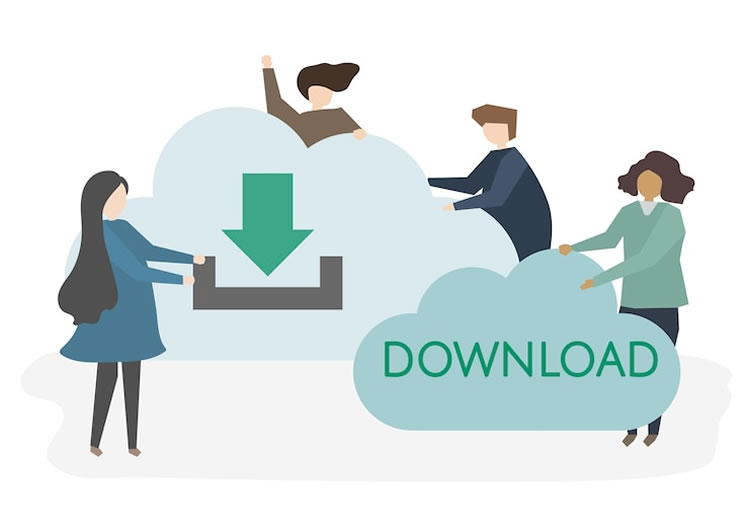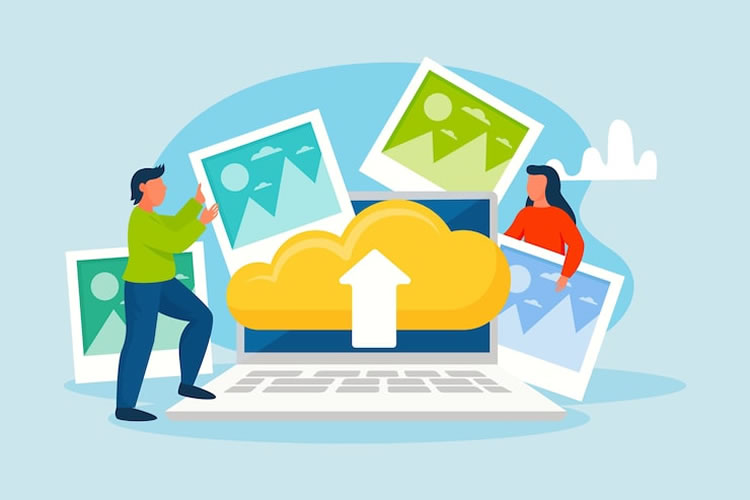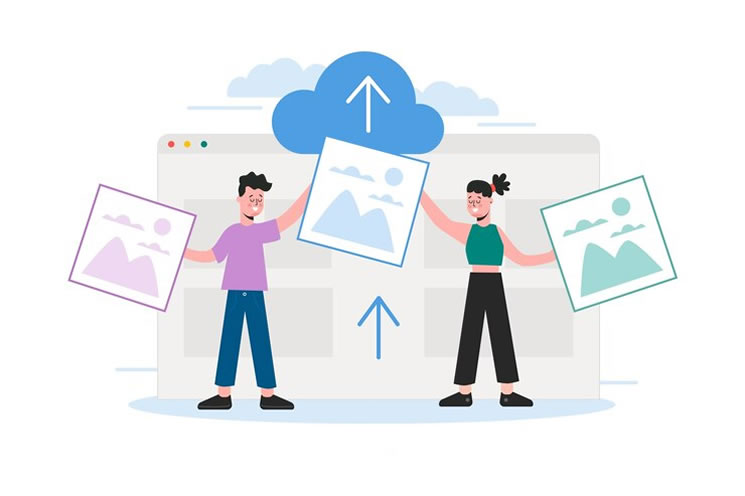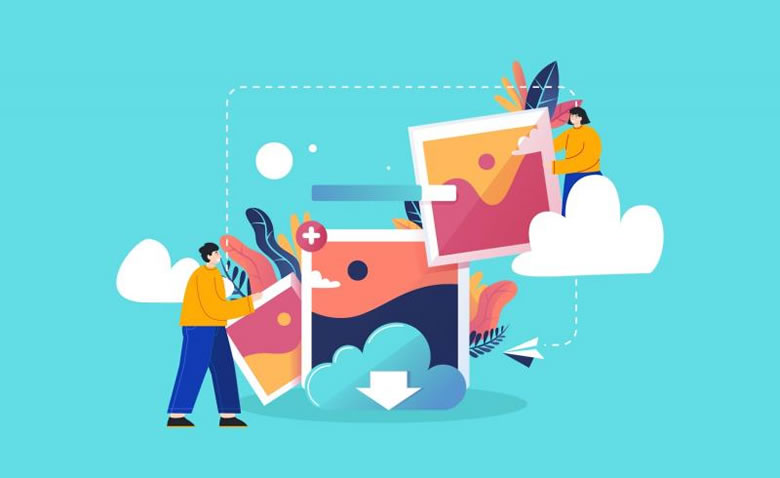Let's look at the step-by-step approaches and recommended tools or settings that empower you to download high-quality content fast and efficiently.
Choose the Right Source
The speed and quality of your download greatly depend on where you are getting it. In spite of free or crowded file-sharing sites, official websites, premium subscription services, or hosting platforms are usually offered better bandwidth allocation.
When you are about large files such as 4K movies, RAW photography files, or uncompressed audio, always select the source that operates on a dedicated or high-speed server. Usually, premium hosting comes with CDNs, or Content Delivery Networks, which keep files in various locations worldwide, thereby cutting down latency and increasing download speed.

Optimize Your Internet Connection
Even the fastest server, no matter what, won't bring much across if your internet, on the other side, is giving a bad time. Here are few quick changes you can try out:
● Make use of wired connections: Ethernet cables are more stable and faster than Wi-Fi.
● Reduce network congestion: Large file downloads should be restricted if others in your house are streaming, gaming, or on a video call.
● Check your bandwidth: Use a speed tester to verify that you are receiving the speed that your ISP promised.
For big file downloads happening most of the time, it might be worth an upgrade for your internet plan, or a provider with better infrastructure.
Safety First — Avoid Corrupt or Malicious Files
High speed means nothing if the file is corrupted or infected. Always:
● Download from trusted sources.
● Use antivirus software to scan large files after download.
● Check file checksums (like MD5 or SHA256) if the source provides them.
Interestingly, just like players look for the best non-UK casino options 2025 to find both safe and rewarding platforms, downloaders should focus on sources that balance safety with speed.

Use a Download Manager
A dedicated download manager can increase the efficiency of the processes. This tool divides the file into smaller chunks so that they are downloaded simultaneously, hence increasing the speed drastically. Download managers also facilitate pausing and resuming downloads in case of dropouts in your connection-the actual life savers!
Popular options include:
● Internet Download Manager (IDM)
● Free Download Manager (FDM)
● Allinonedownloader
Some of these even have browser extensions, so you can capture download links directly from websites and start the process instantly.
Select the Right File Format and Compression
If speed is important but you still need high quality, understanding file formats is essential. For example:
● Videos: H.265 (HEVC) can offer the same quality as H.264 but with smaller file sizes.
● Images: WebP or JPEG XL can reduce file size while maintaining high quality.
● Audio: FLAC provides lossless audio, but if you can tolerate minimal quality loss, 320kbps MP3 files will download much faster.
When possible, choose the optimized file format to balance size and quality.

Use Peer-to-Peer (P2P) Networks Wisely
If you’re downloading from a torrent network, your speed will depend heavily on the number of seeders. The more people sharing the complete file, the faster your download.
Tips for P2P downloading:
● Select torrents with high seeder-to-leecher ratios.
● Use reputable torrent clients like qBittorrent or Deluge.
● Enable port forwarding on your router for better connectivity.
● Always ensure you’re downloading legal content, as many torrents contain copyrighted material.
Avoid Background Bottlenecks
Your computer and network might be doing other things that slow down your download. Close unnecessary browser tabs, pause cloud backups, and limit streaming services while downloading large files.
If you’re on Wi-Fi, keep your device close to the router to ensure a stronger signal.
Leverage Cloud Storage Services
Platforms like Google Drive, Dropbox, or OneDrive are often known for their fast download speeds because of their distributed networks of servers. If a file is hosted on any of these services, it will be faster to take it from there than from an overloaded website.
These services also allow for parallel downloads, which means that you can get lots of files downloaded simultaneously without any loss in speed.

Match Your Device's Storage Speed to Your Internet Speed
If you have a very fast internet connection but turns out to have slow storage, then you'll have yourself a bottleneck during download. For instance, if you're downloading from an ancient mechanical hard drive, it might not best be able to keep up.
Install SSDs for fast write speeds and ensure an ample free space- this will help sidestep fragmentation that can slow down both download and later file access.
Final Thoughts
Downloading the top quality media without compromising on speed is through optimization-with anything from your sources to your storage, to the internet speed. Combine suitable download managers with proper file formats and a well-organized network to be able to enjoy the media of your choice in complete resolution-the only issue would be waiting long hours.
Preparing the setup so that downloads would be as smooth, fast, and secure as possible is an art in itself given that the general perspective is that time is worth quality.































